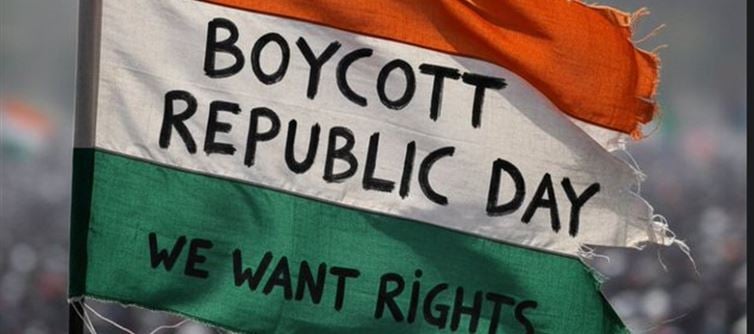
Constitutional Morality: The Principle india Talks About but Never Practices
Everyone cites it. No one follows it.
Constitutional morality means institutions acting above fear, favour, and political influence. But in india, it has become a fashionable phrase used by courts, politicians, and commentators — rarely practiced.
Look at institutions. Agencies meant to be independent appear to act with remarkable enthusiasm only when cases involve the ruling party’s rivals. Governors block state bills like political operatives, not constitutional guardians. Prosecutors pursue critics vigorously but soften for those aligned with power.
Governments invoke constitutional morality when courts rule against them — and ignore it when courts question them. Opposition parties shout “institutional collapse” when out of power but practise the same misuse in states they control.
Public institutions are turning into political extensions. Decisions often seem to reflect electoral needs, not constitutional principles. Bureaucrats act like they serve governments, not the Constitution. Universities suppress dissent in the name of “discipline,” forgetting that campuses have historically been spaces of constitutional debate.
The Constitution demands courage from institutions. Instead, we see compliance.
It demands integrity from leaders. Instead, we see interpretive gymnastics.
It demands informed citizens. Instead, we see WhatsApp constitutionalism — loud but shallow.
Constitutional morality is not dying.
It was never fully born.




 click and follow Indiaherald WhatsApp channel
click and follow Indiaherald WhatsApp channel